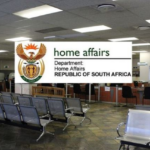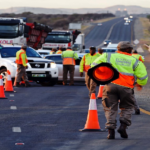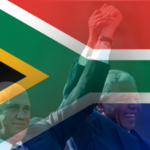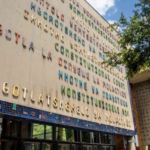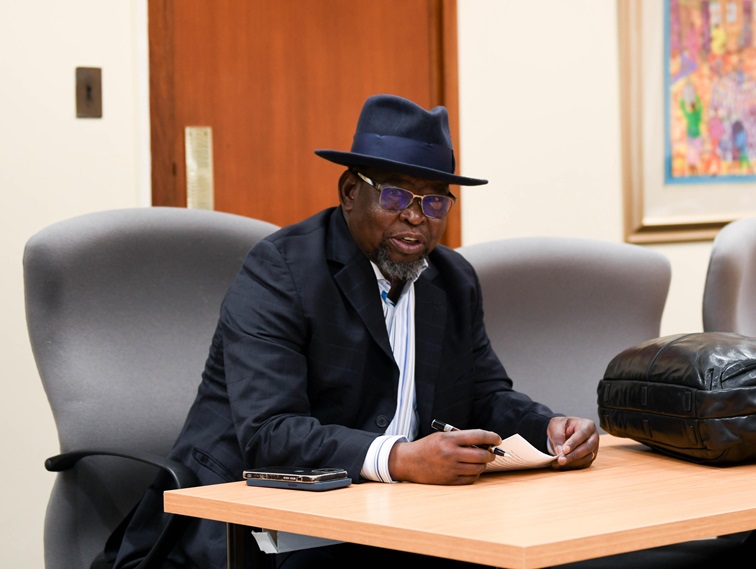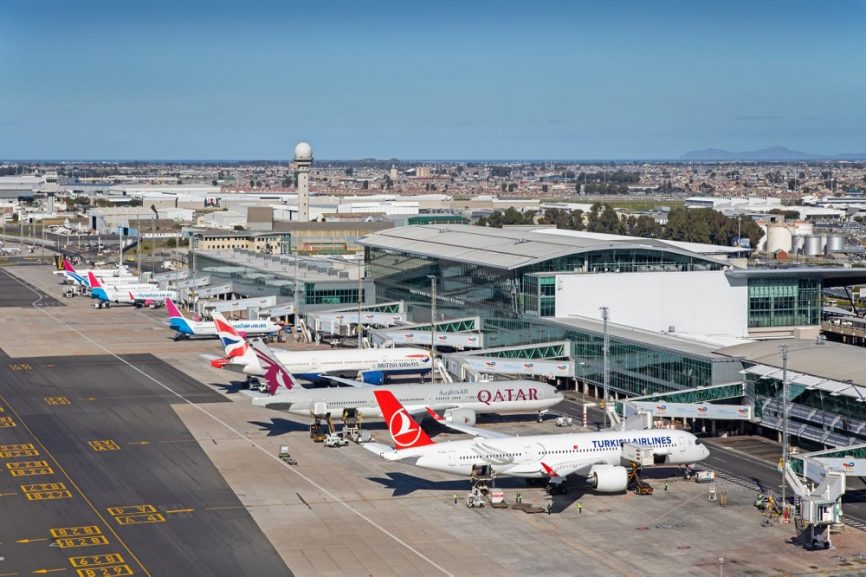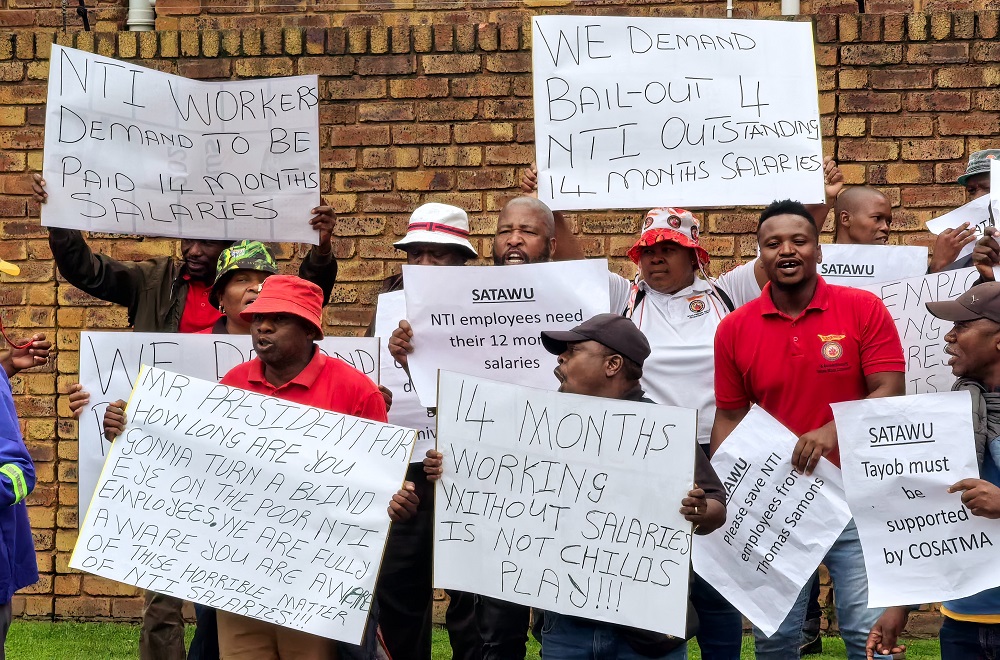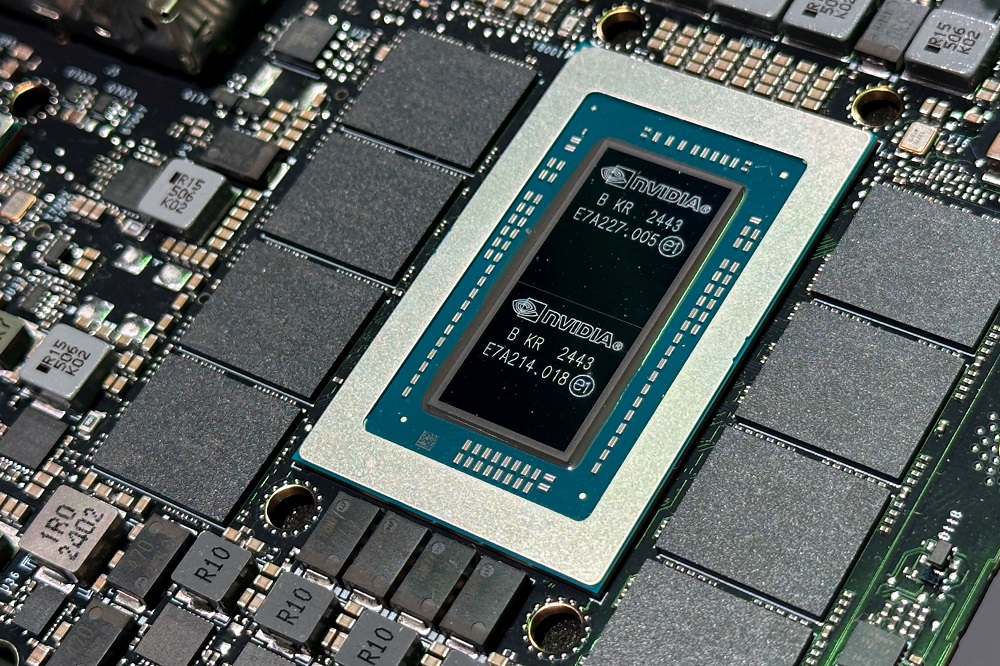-
[FILE PHOTO] Finance Minister Enoch Godongwana
Finance Minister Enoch Godongwana presented an alternative budget to his colleagues at a Special Cabinet meeting today, reportedly rejected as unworkable.
This is despite the fact that it does not include the contentious two percentage point increase in VAT, which led to the postponement of the presentation of the budget to Parliament last week.
The controversy has seen political parties inside and outside of the GNU offer up their proposals as to what it should look like on the 12th of March.
“Our borrowing capacity we are told has been exhausted because we have maintained the debt levels and managed our debt situation over the years very responsibly. We are told that we need more revenue to fund major projects [such as] employment of teachers [and] SANDF. All those need to be funded and social security to be maintained … those need to be funded and where is the money going to come from if there is a shortfall? Government must address that there are meetings where people discuss and make suggestions. It is a programme of government it is to be expected,” adds Godongwana.
Meanwhile, Democratic Alliance national spokesperson, Karabo Khakhau, briefed the media in Cape Town regarding the key issues the party says must be taken into account in the budget.
“We want to make sure that we don’t have new taxes this includes VAT, income tax, and company income tax. The second one you must cut unnecessary government expenditures. There is very much money that can be saved there that can be reprioritised for the needs of South Africans.”
“Number three, we must have concrete pro-business growth measures built into the budget and all government priorities. Number four, we must have a comprehensive spending review to reprioritise R58 billion this is a lot of money. We don’t need a 2% VAT increase, we don’t need taxes to get this money saved,” she explains.
uMkhonto weSizwe Party secretary-general Floyd Shivambu also weighed in on the matter.
“The manner in which budget shortfalls have to be dealt with now in South Africa is primarily on three bases. One is that the manner in which we finance infrastructure development in South Africa has to fundamentally change. We need to pursue the build, operate, transfer model there are so many interested parties in many parts of the world, and our friends in BRICS are willing to assist in the infrastructure programmes – which we do not need to spend direct money on as a state.”
“So if we don’t do that we can shift resources to the basic needs that are needed. Two, we need to a decisive action on tax-based erosion transfer pricing and illicit financial flows because that phenomenon continues to define South Africa’s industry,” adds Shivambu.
For its part, the Economic Freedom Fighters completely rejects any increases in VAT, and has called for the government to adopt an expansionary fiscal policy with increased investment in infrastructure, and human capital, including the hiring of doctors, nurses, teachers, and engineers as well as the establishment of a sovereign wealth fund to leverage South Africa’s natural resources for public benefit.
The South African Communist Party an ally of the ANC says it is opposed to a 2% VAT increase. It insists that government must allocate sufficient resources to the South African Revenue Services.
Speaking at the party’s Politburo meeting, party spokesperson Dr Alex Mashilo says, “The alternatives we are calling for, must also include straightened regulation of the capital account, a decisive clampdown on illicit financial flows and aggressive confrontation of base erosion and profit shifting.”
“We are calling a wealth tax because South Africa is one of the most unequal countries in the world. We cannot pursue taxes that punish the poor while we leave the rich smiling all the way to the banks,” adds Mashilo.

